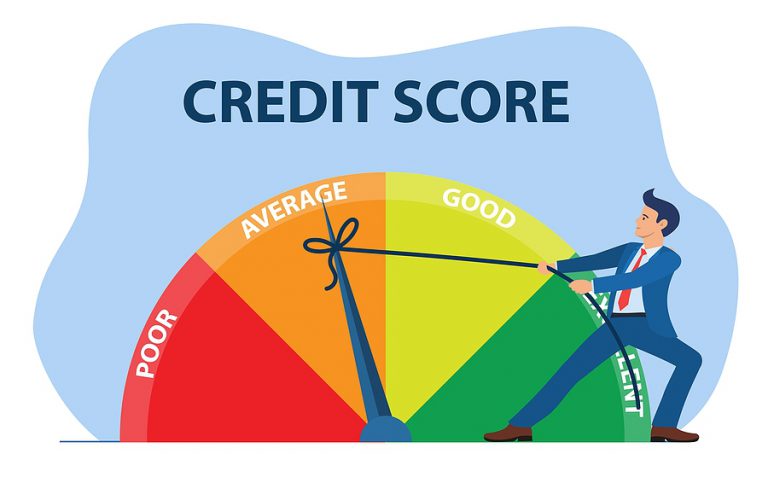How Much Does It Cost to Repair My Credit?
Cost to Repair My Credit
Understanding Credit Repair

The first step is to obtain your credit reports.
By law, you’re entitled to a free credit report from each of the three major credit bureaus—Equifax, Experian, and TransUnion—once every 12 months. The official website for that purpose is AnnualCreditReport.com.
The next step is to review your credit reports carefully for inaccurate information, such as late or missing payments that you believe you made on time. You’ll also want to make sure that there are no accounts listed on your credit reports that you don’t recognize. If there are, that may be a sign that an identity thief has opened credit accounts in your name.
If the information in a credit report is accurate, there is nothing you can do to change it. You simply have to wait until the information is old enough to fall off your report. That’s generally seven years. In the case of bankruptcy, the period is 10 years, and there’s no time limit for “information about criminal convictions;
information reported in response to your application for a job that pays more than $75,000 a year; and information reported because you’ve applied for more than $150,000 worth of credit or life insurance,” according to the Federal Trade Commission (FTC).1
In the meantime, you can improve your credit going forward by practicing good credit habits, such as paying your bills on time and keeping a low credit utilization ratio.

However, if you discover inaccurate information,
you have a right to challenge it, and the credit bureau is legally required to investigate. If the bureau decides you’re right, it will strike that information from your credit report. All three of the major credit bureaus’ websites describe the steps you’ll need to take and provide online forms you can use to get started.
You can either handle the credit repair process by yourself or hire a professional credit repair company to guide you through it. As the Federal Trade Commission explains, there is nothing that a credit repair company can do for you that you can’t do for yourself. The reason you might want to hire one is if you don’t feel comfortable with the process or don’t want to devote as much of your time to following it through to the end.
What Credit Repair Companies Do
such as credit monitoring.
While some credit repair companies are national, others operate only in certain states. For example, as Investopedia’s report on the Six Best Credit Repair Companies of 2020 noted, the Credit Pros does not provide service in Kansas, Maine, Minnesota, or Oregon.
Each company has its own pricing structure.
In general, the companies bundle their services into packages and charge monthly fees. Prices range from $19 to $149 per month, depending on the services you sign up for. There may also be set-up or enrollment fees, as well as cancellation fees. Some, but not all, companies offer a money-back guarantee.
Once you sign up with a credit repair company, it may be several months before you see results. It usually takes up to six months, or longer, for your credit to be totally repaired. What’s more, errors that have been corrected may reappear on your credit report for various reasons, so you
should check your reports periodically even if you believe they have been fixed and challenge that information again.
Any credit repair organization that claims it can get negative, but accurate, information removed
Scam Credit Repair Companies
While there are legitimate credit repair companies, the field is also fertile territory for scam artists. The Consumer Financial Protection Bureau has a list of red flags to watch out for. 2 Which include:
- Pressuring you to pay upfront. Some legitimate companies do require set-up or enrollment fees, but in general, forcing you to pay before any services have been performed is illegal, under the federal Credit Repair Organizations Act.
- Promises to get rid of any negative information on your credit report. Remember, the only information that is in error can be removed from your credit report. No one can get accurate information removed.
- Tells you not to contact credit bureaus. Disputing inaccurate information with the credit bureau that reported it is one of the essential steps to repairing your credit. When a so-called credit repair company recommends otherwise, it is hiding something.
You can also buy instant:


Cashapp Money Transfer Click here
Paypal Money Transfer Click here
Western Union Money Transfer Click here
Venmo Money Transfer Click here
Bank Money Transfer Click here to Contact Us

